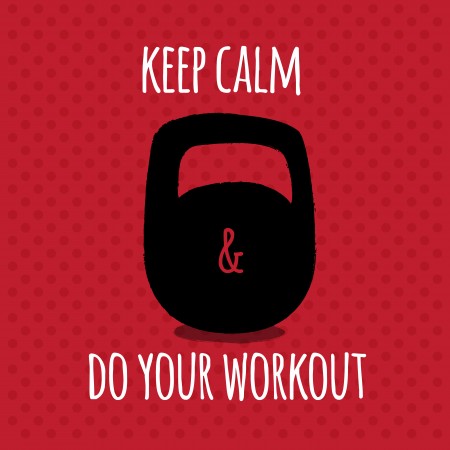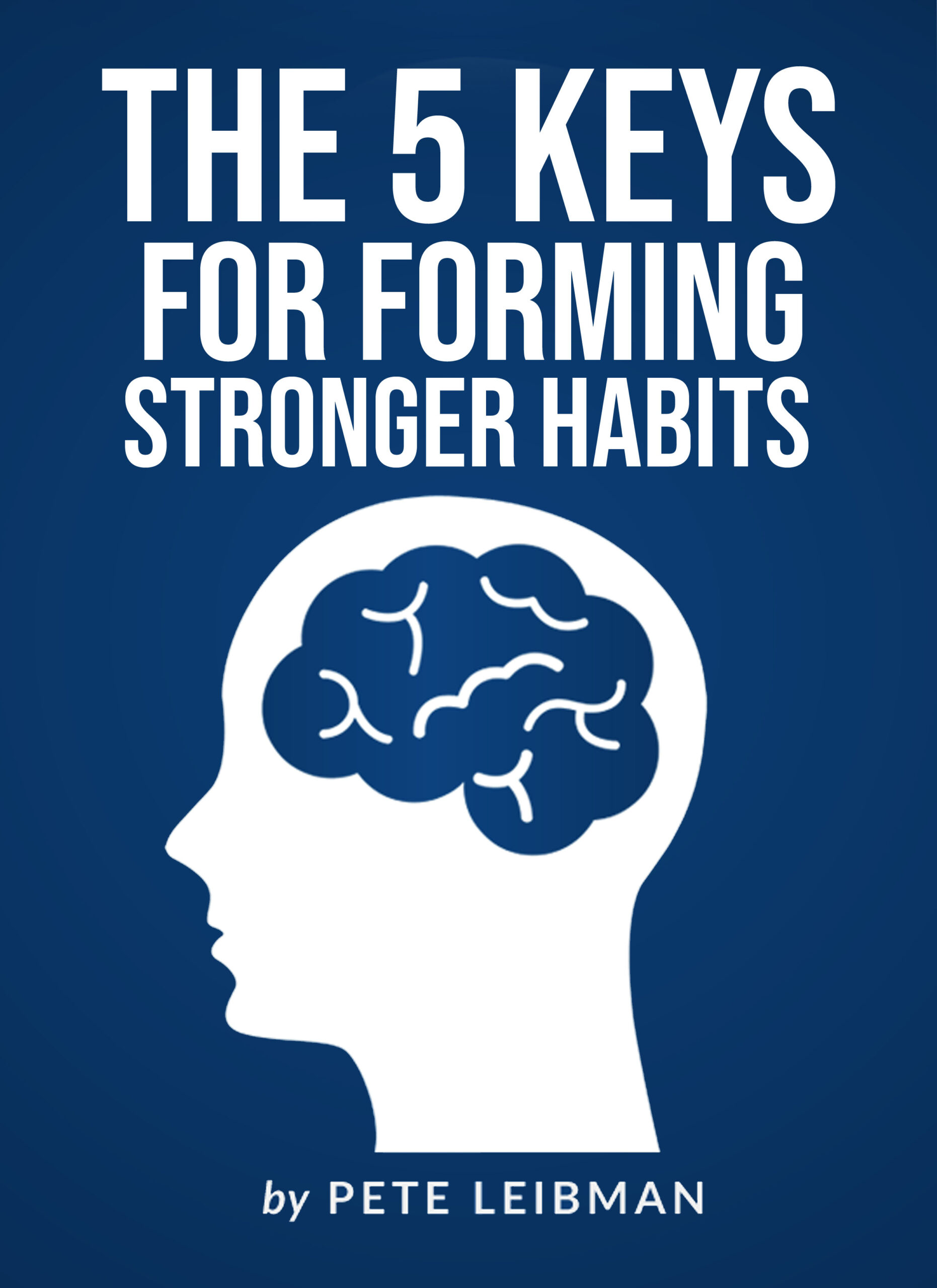
Have you ever felt like you weren’t getting results even though you were working out?
In my free time, I teach high-intensity group exercise classes for 50-100 people each week. Over the years, many people have asked me some version of the following question: “How come I’m not getting results, even though I’m working out?”
Assuming that your expectations are realistic, there are only 5 possible reasons why you would not be making progress as quickly as you would like. This article will help you identify what’s holding you back.
Note: If this is your first time at StrongerHabits.com, you can click here to take a free assessment that measures your habits in four areas that have a major impact on how you feel and perform each day. The assessment takes less than 3 minutes, and you get your results immediately.
Reason #1: Inconsistency
Several years ago, a female friend asked me why she was not getting results, even though she was working out “4-5 times a week.” I asked her how many times she had exercised during the prior week. She told me that she had not exercised at all, since she had been on vacation.
I then asked her how many times she had worked out the week before her trip. She said that she had only worked out once or twice that week, since she had been busy getting ready for her vacation. I didn’t ask about any of the weeks before that.
It’s fine to dial back your training or take a week off from exercise every few months. In fact, it can even be beneficial if you typically train hard. However, if you aren’t working out consistently (at least 90% of your weeks each year), your results will suffer.
Don’t allow yourself to be overwhelmed or turned off by the consistency required to achieve and maintain your results. Take it one week at a time.
Reason #2: Intensity
At most gyms and workout venues, you will see people hanging out, filling out crossword puzzles, or playing with their cell phones while they “exercise.” If you want to get results in the least amount of time, you need to bring a much higher level of focus and effort than the average person.
You get out what you put in. When you make every second count, you can get results in much less time than many people realize. And, to be clear, you can make every second count, regardless of your fitness level. It’s all about focus and effort. If you aren’t getting results, your intensity could be your problem.
Reason #3: Incomplete workout program
A man at my gym once asked me why he was not getting leaner even though he was doing more than 10 hours of cardio each week. I asked him what he was doing for strength training. He said, “I don’t do strength training. I don’t want to get bulky and too musclebound.”
This is one of the biggest myths about exercise. In reality, strength training (when combined with adequate nutrition and sleep) makes you tighter and leaner, not thicker and bulkier. As added bonuses, strength training also improves your posture, reduces and prevents injuries and chronic aches, builds up your bones and joints, preserves your muscle, and delays your aging process.
Regardless of how much time that you devote to exercise each week, train your entire body (heart, legs, core, back, chest, shoulders, and arms). Too much cardiovascular activity (especially without doing strength training) can actually deplete your muscle, throw off your hormones, increase your chances of injury, and keep your body fat higher than you would like. If you aren’t getting results, an incomplete workout program could be your problem.
Reason #4: Poor nutrition
What if you’re not getting results, even though you’re consistent with your workouts, you bring focus and effort to exercise, and you train your entire body each week? In that case, your problem could be your nutrition. If more than 20% of your calories come from products that are heavily processed, fried, or containing added sugar, your workout results will be severely limited. Remember that liquid calories count, too.
If you fuel a Ferrari like a pick-up truck, it won’t operate or look like a Ferrari. Your body is more valuable than a Ferrari, so fuel it well! You don’t need to follow a rigid, complicated diet. Let’s keep it simple. The large majority (at least 80%) of your calories should come from natural, nutrient-dense foods, and not from items that were cooked up in a science lab, a deep-fryer, a brewery, or a bakery. 🙂
Reason #5: Poor sleep
This last reason might be the one that is the most overlooked in regard to its impact on exercise. Many people underestimate the importance of rest and recovery time. Unfortunately, sleep deprivation is linked to virtually every disease and chronic condition, including obesity- since inadequate sleep throws off your body’s hormones. [1]
The National Sleep Foundation recommends seven to nine hours of quality sleep each night for most adults. [2] Sleep quality matters too. If you aren’t getting at least 7 hours of quality sleep each night, you will have less natural energy for exercise, you will not recover as quickly, and your workout results will suffer. If you aren’t getting results, inadequate sleep could be your problem.
Summary
Working out but not getting results? There are only 5 possible reasons why.
You are guaranteed to get workout results when you:
- Work out consistently
- Bring focus and effort to your exercise time
- Train your entire body each week
- Fuel yourself well
- Get enough quality sleep
P.S. If you enjoyed this article, you can share it by clicking a social media icon on this page.

Free eBook and Newsletter
Download my free 40-page eBook on “The 5 Keys for Forming Stronger Habits.”
You’ll also receive my free weekly newsletter on how to become your strongest self.
Your email is safe. Unsubscribe anytime.
About the author: Pete Leibman is the Creator of StrongerHabits.com. He is a best-selling author, keynote speaker, executive recruiter, athlete, and peak performance coach. His work has been featured on Fox News, CBS Radio, and CNNMoney.com, and over 500,000 people across the world have read his articles.
References:
- “Sleep and Deprivation and Obesity,” Harvard T.H. Chan School of Public Health, The Nutrition Source, accessed on April 4, 2018, https://www.hsph.harvard.edu/nutritionsource/sleep/.
- “National Sleep Foundation Recommends New Sleep Times,” National Sleep Foundation, February 2, 2015, https://sleepfoundation.org/press-release/national-sleep-foundation-recommends-new-sleep-times.

